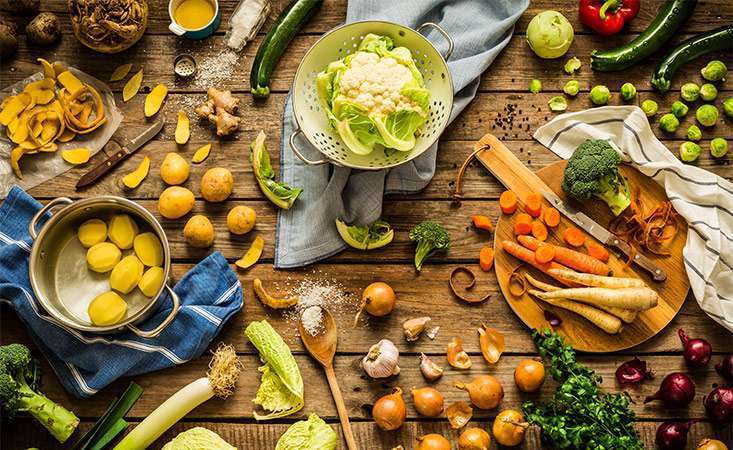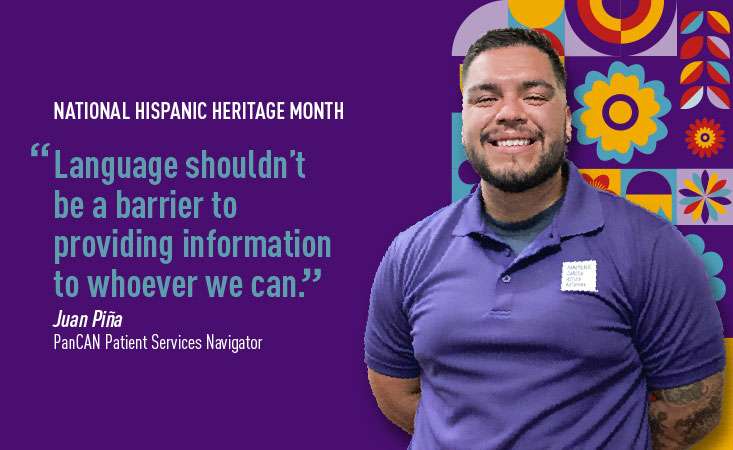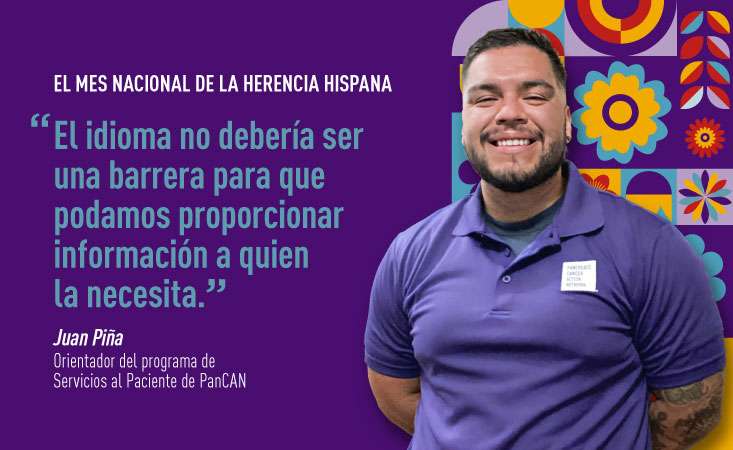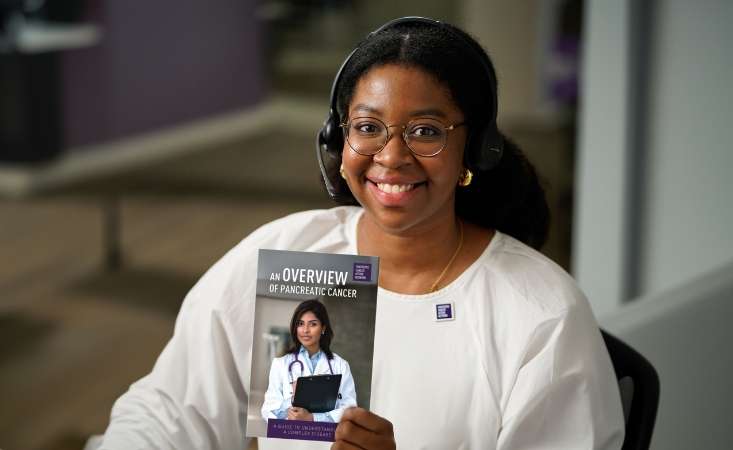
The quest to maintain the best quality of life includes eating a healthy diet. However, knowing what to eat and when can be difficult. There are varying opinions regarding the effectiveness of certain foods.
The Pancreatic Cancer Action Network has taken a closer look and found many common myths to be false.
Myth: Bottled Water Is Better than Tap Water
Fact: The Natural Resources Defense Council (NRDC) did a four-year review of the bottled water industry and found the water to be no safer or healthier – findings that were also confirmed in a separate study by the University of Geneva. The NRDC concluded that 25 percent of the water they tested was in fact just tap water in a bottle. Studies have also suggested that bottled water may be worse for our health, as chemicals (phthalates) from the bottles leak into the water over time, which may lead to hormone imbalance when consumed in high levels.
Myth: Drinking Fruit Juice Is as Good as Eating a Whole Fruit
Fact: Fruits have more fiber, fewer calories and more phytonutrients than juice. Fruit juice lacks fruit skin, which is loaded with antioxidants like flavonoids, and fruit pulp, which is the main source of fruit fiber. In addition, a fruit juice may contain added sugar, color or preservatives, which are not healthy.
Myth: Potatoes Count as One of Your Recommended Fruit and Vegetables
Fact: While potatoes are still a good source of fiber, B vitamins and potassium, they are classified as a starchy food – or carbohydrate – rather than a vegetable.
Myth: Vegetarian Diets Are Protein-Deficient
Fact: It’s widely believed that the body needs high levels of protein for health. However, studies have suggested that eating protein at very high levels could be bad for your health. It’s a misconception that meat is the best source of protein. In fact, most foods (including vegetables and grains) contain some level of protein, and there are many great sources of vegetarian protein – beans, lentils, nuts, seeds, and tofu – which also have the added benefit of being free of the saturated fats found in most meat.
Myth: Zero Trans-Fat Means No Trans-Fat
Fact: Trans-fat is bad for your heart, and the ideal intake is zero. But products claiming no trans-fat can contain less than 0.5 grams per serving. If a product label lists 0 trans-fat, that doesn’t mean it doesn’t contain any trans-fats. If someone were to have two servings, then you would get a good amount added to your diet. Keep an eye on the serving size.
Myth: Brown Sugar Is Healthier than White Sugar
Fact: Although brown sugar contains small traces of minerals (due to the presence of molasses), they are such small traces that they are of no real benefit to our health. Brown sugar is still sugar, and it brings with it all the same calories and health risks of white sugar, including increased risk of heart disease, tooth decay and obesity.
Myth: There Is No Difference Between Dried Fruit and Fresh Fruit
Fact: In dried fruits, because the moisture is removed, both nutrients and calories are concentrated. Vitamin C, a heat-sensitive vitamin, is often reduced or lost during the fruit drying processing. Fresh fruit contains water, which can help hydrate your body. Dried fruits are a good source of fiber, vitamins and minerals. However, it’s important to check the ingredients and avoid dried fruits with added sugar.
Pancreatic cancer patients often have many questions and concerns about nutritional care. MyPlate and American Institute for Cancer Research can be used as resources for healthy diets on a budget. Also, a registered dietitian can work with patients to meet their individual dietary needs.
Come back to our blog each week for a new installment of the Friday Fix.















